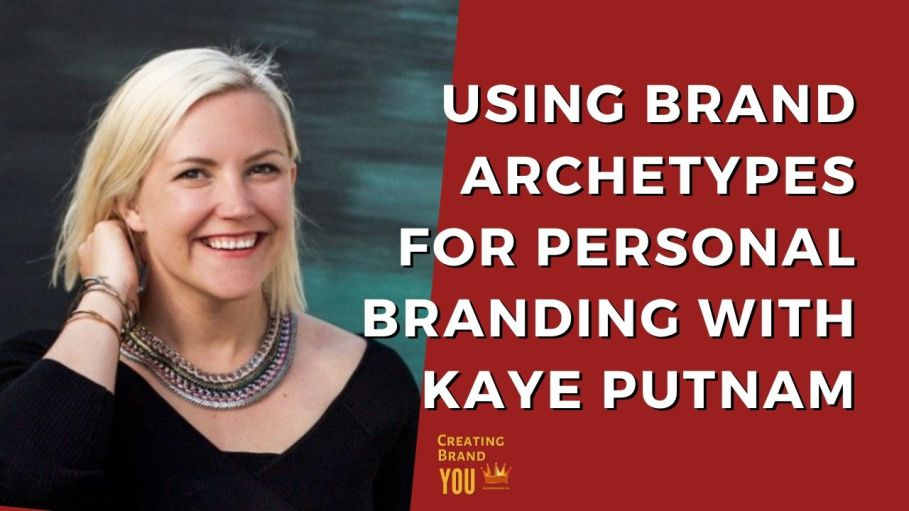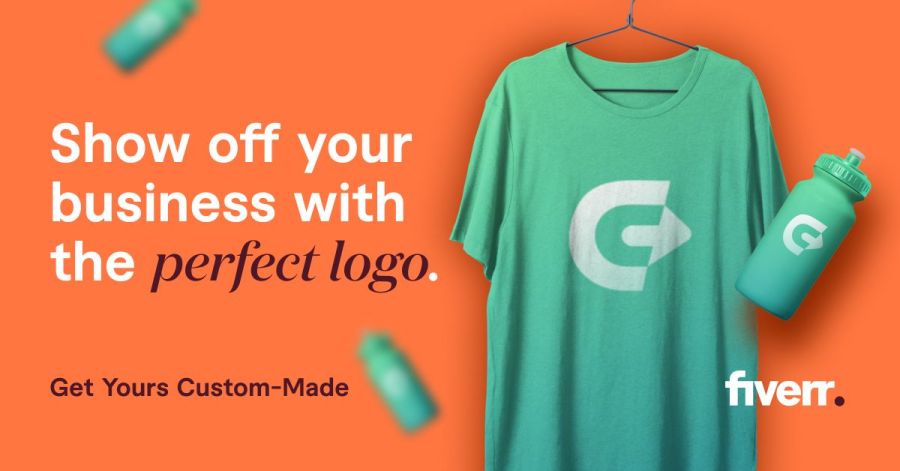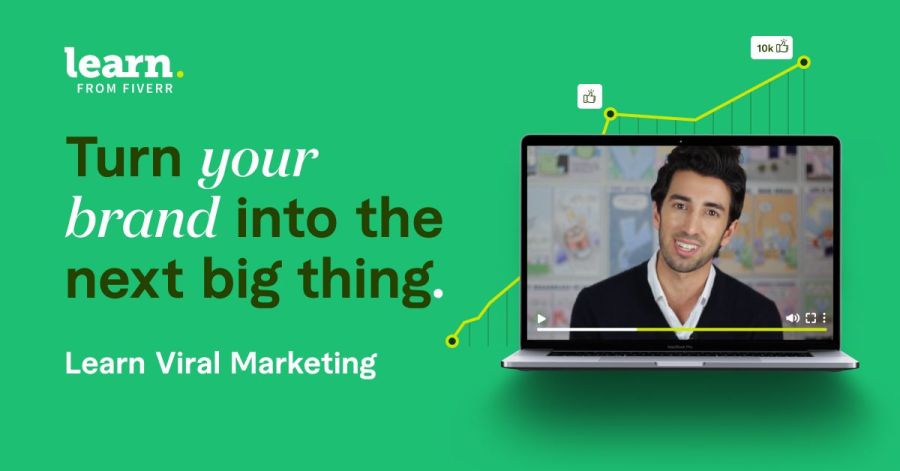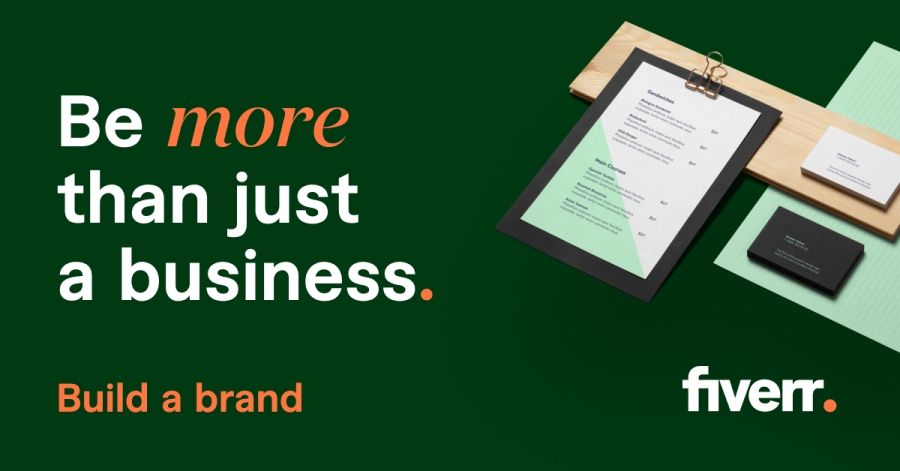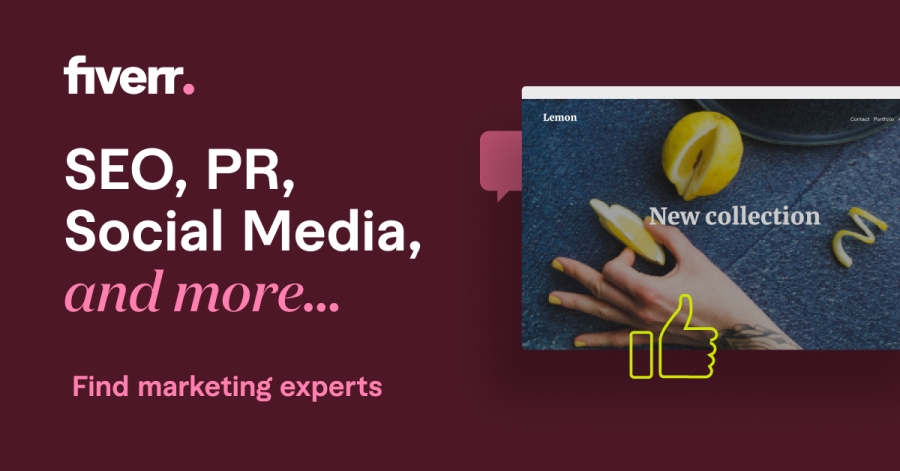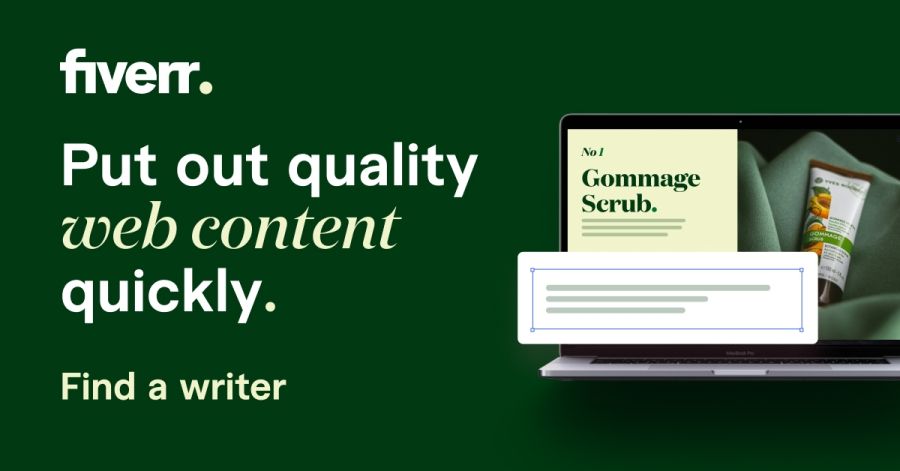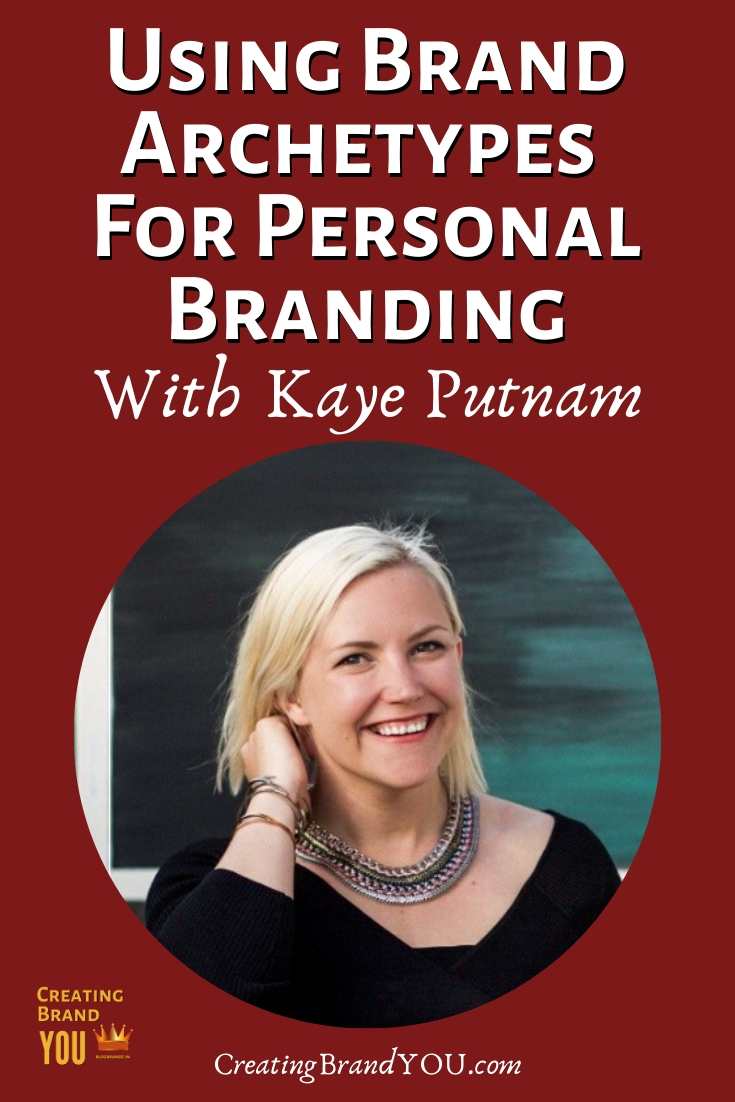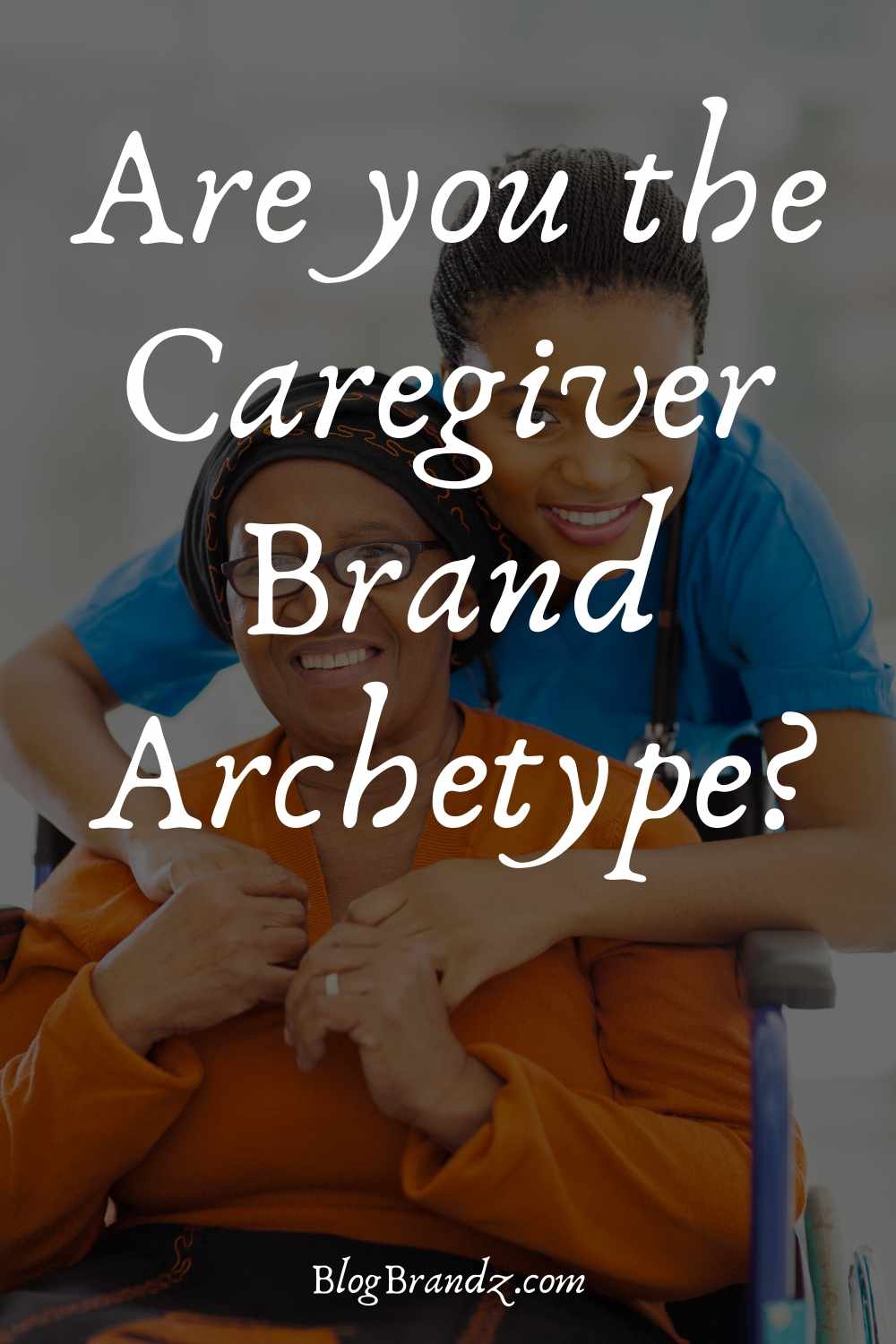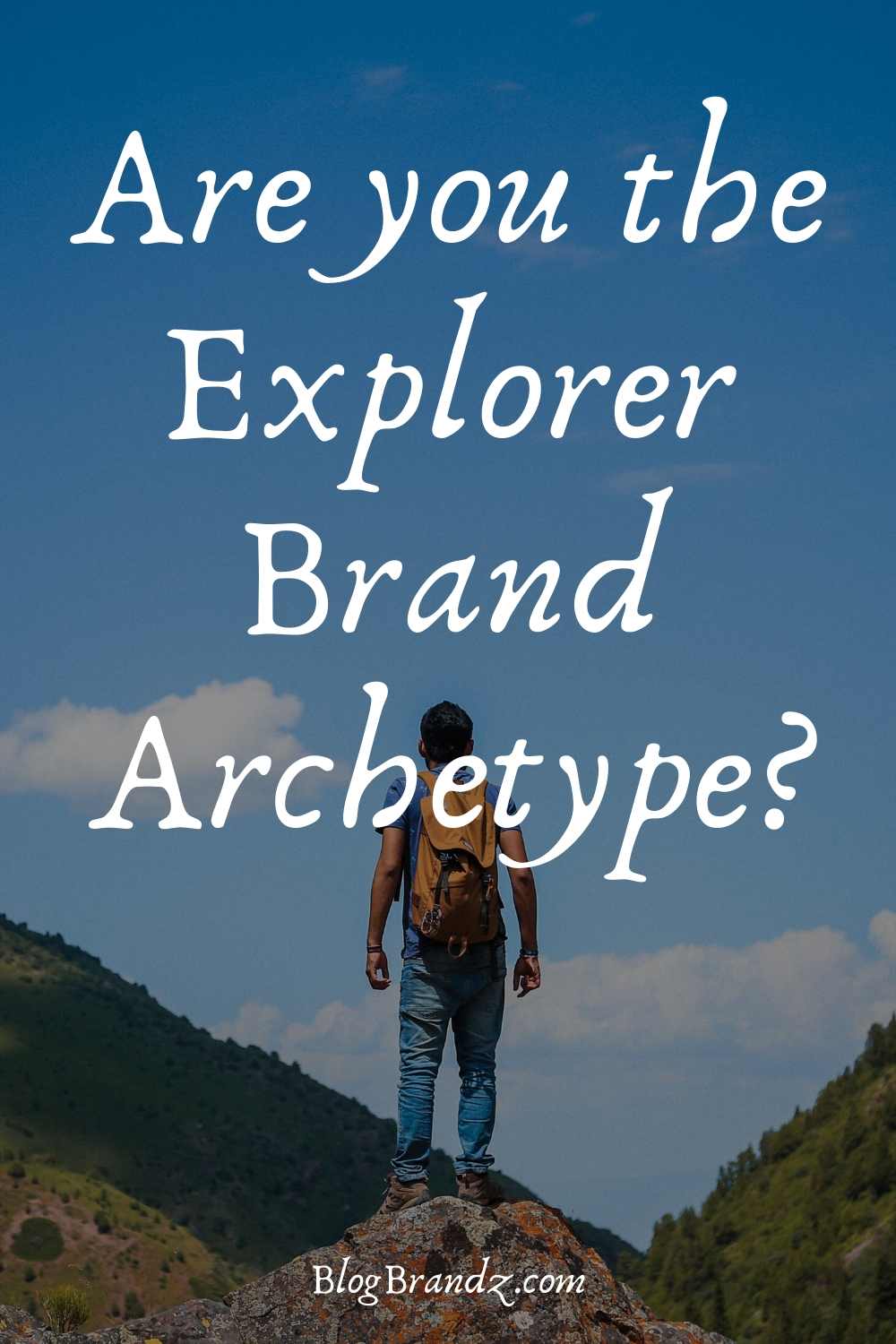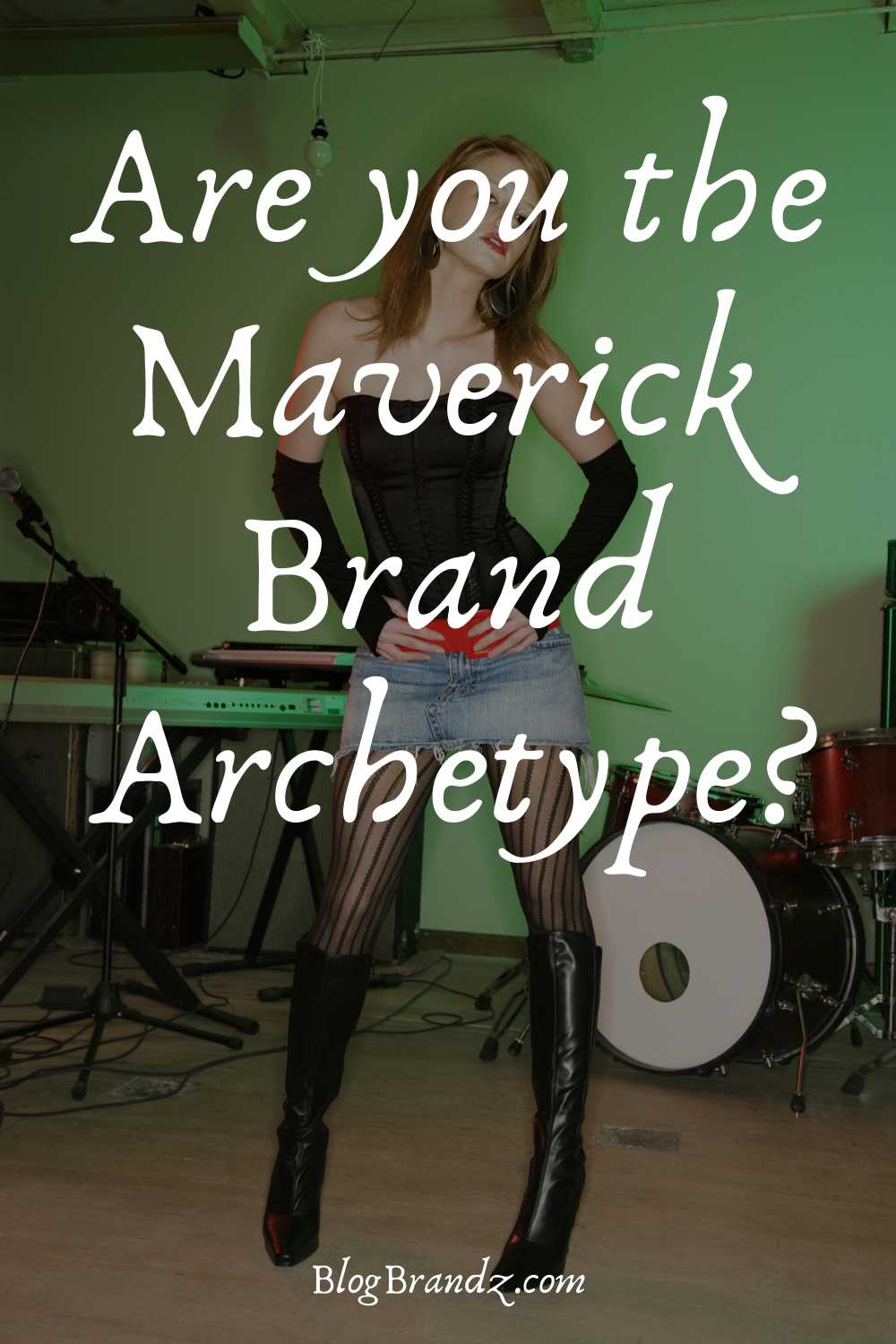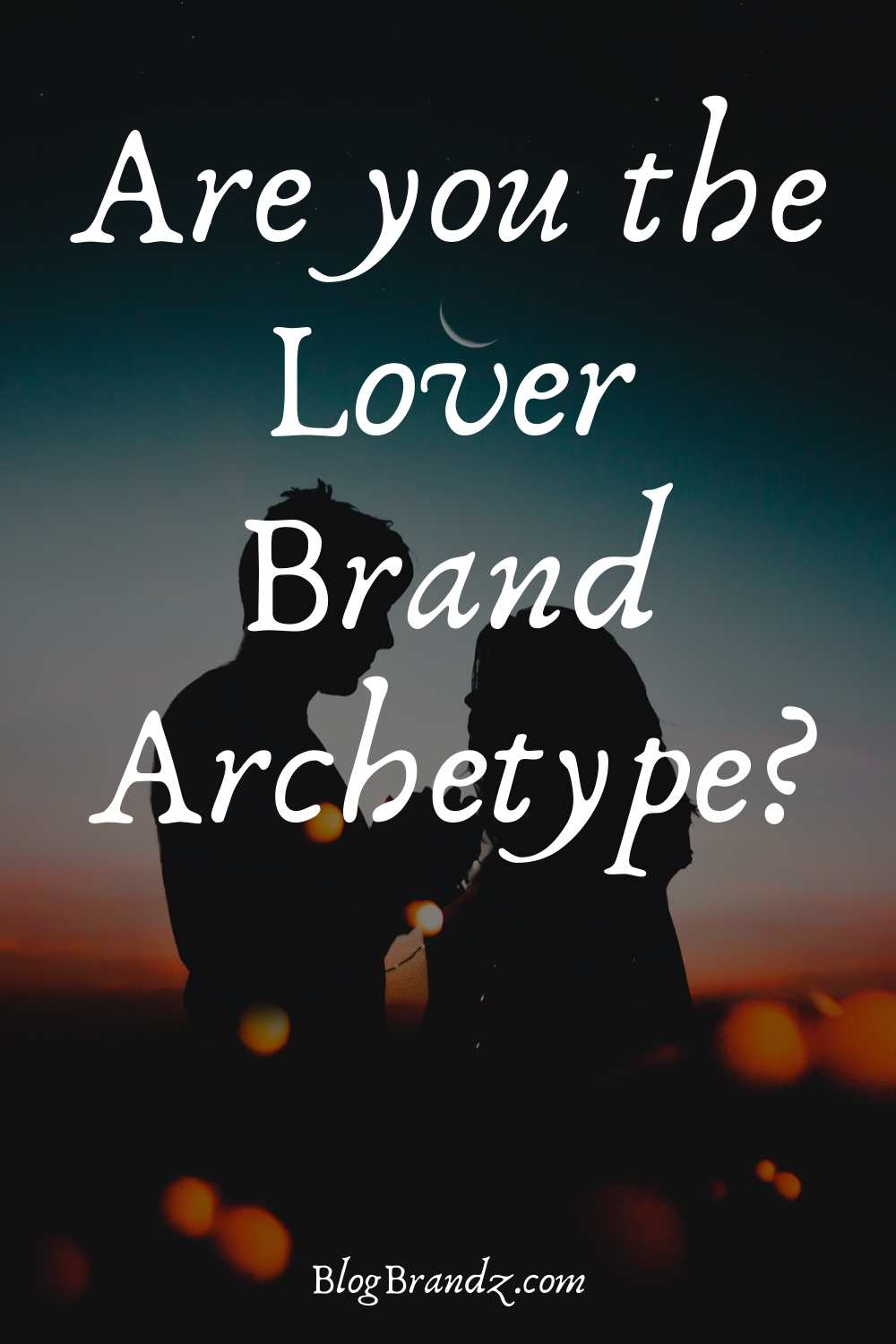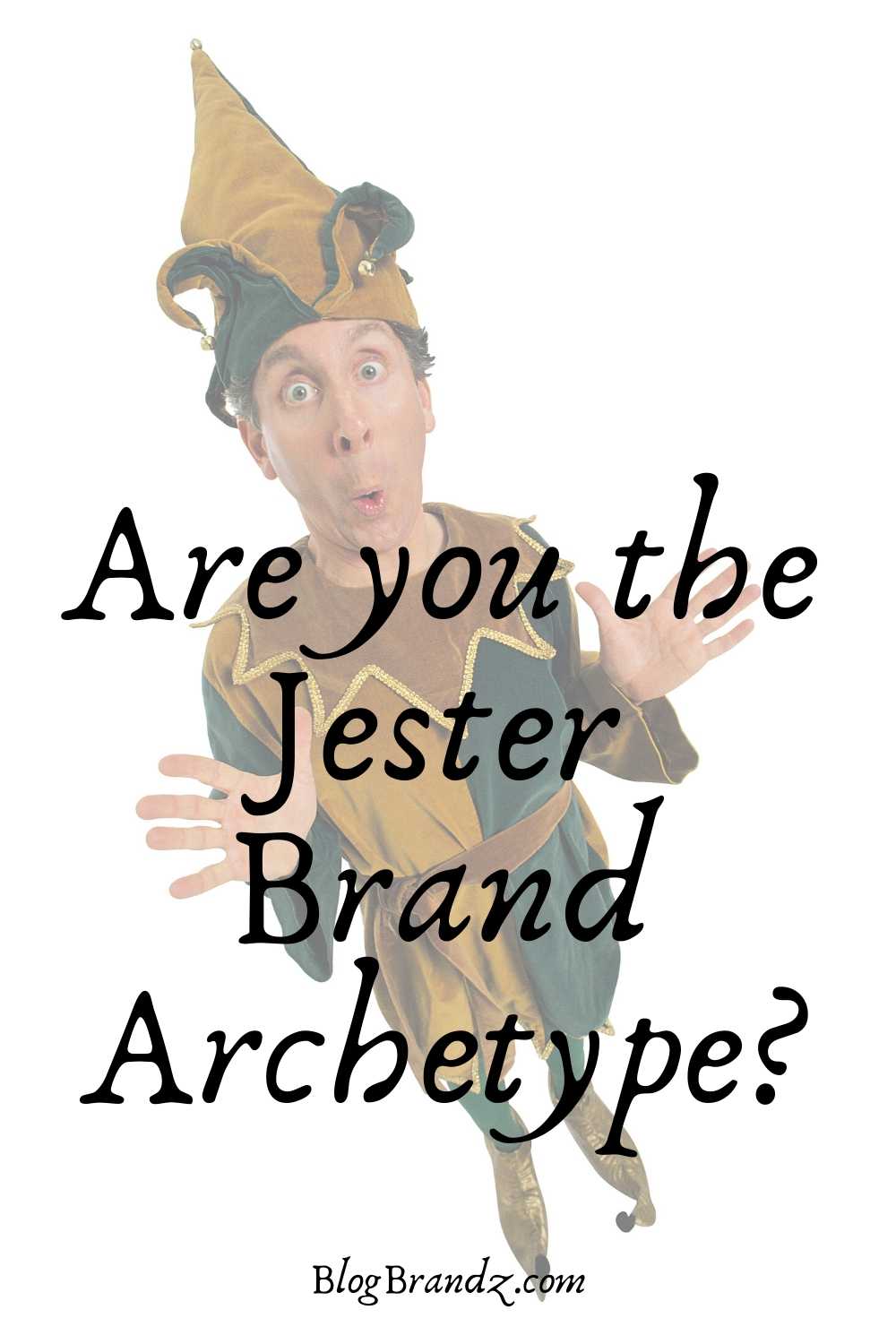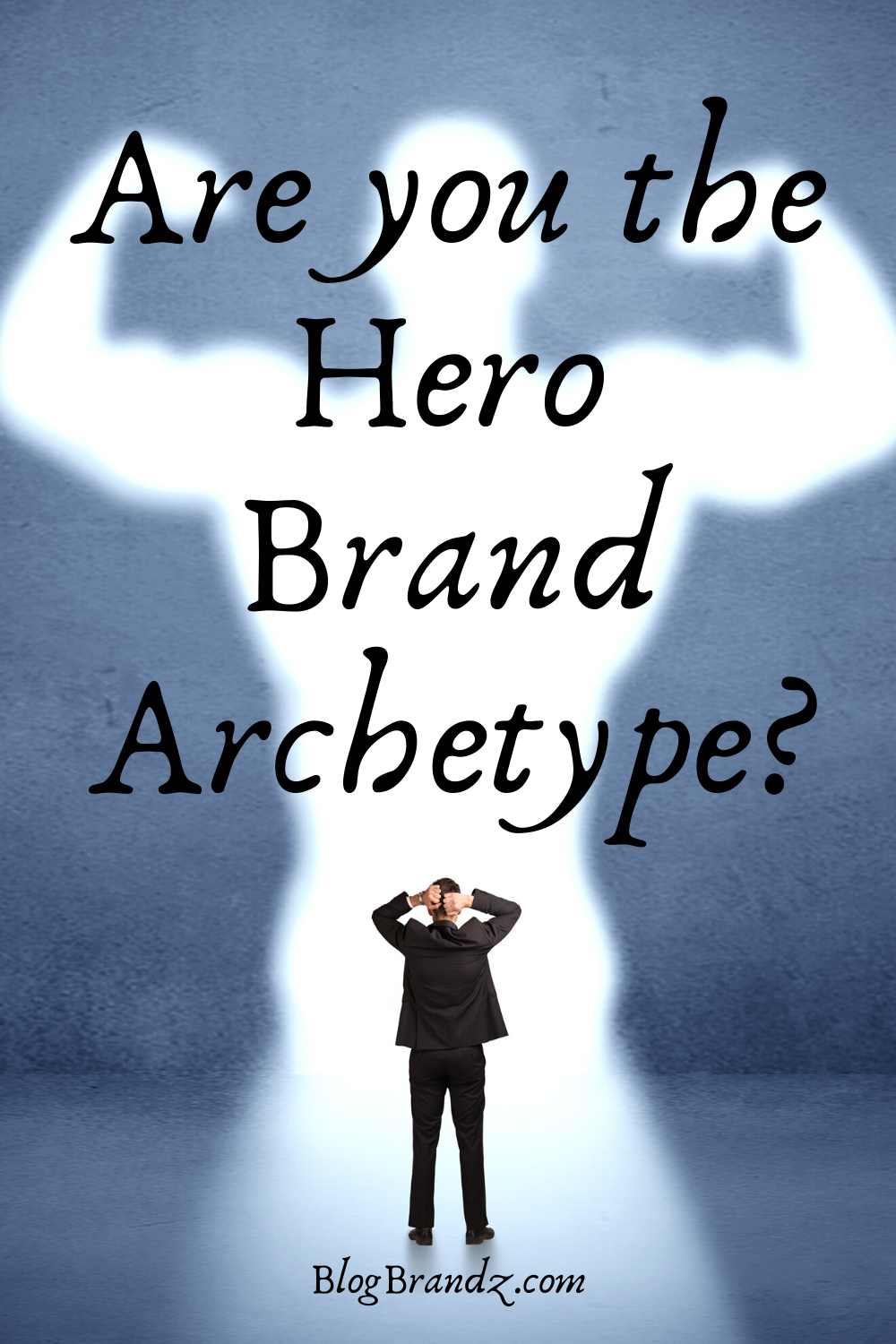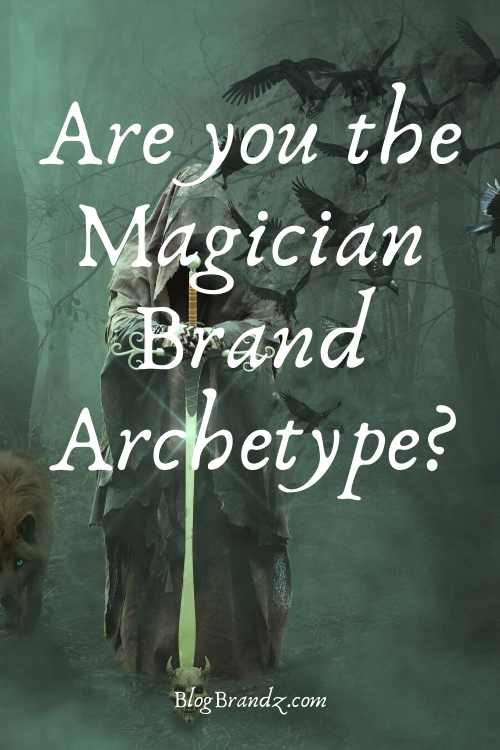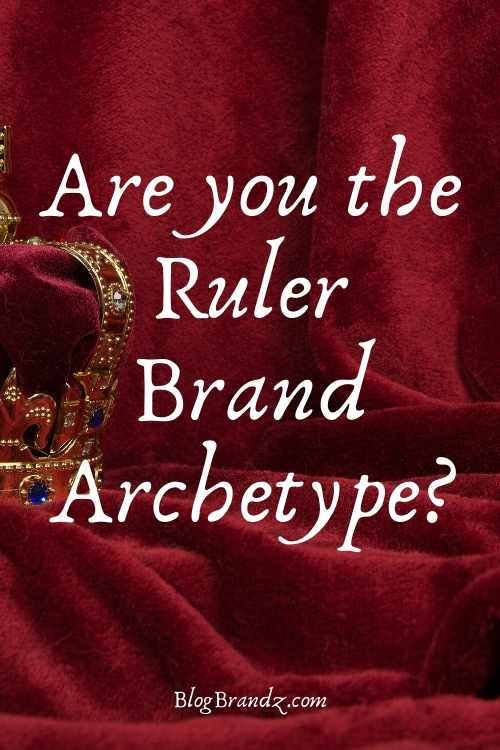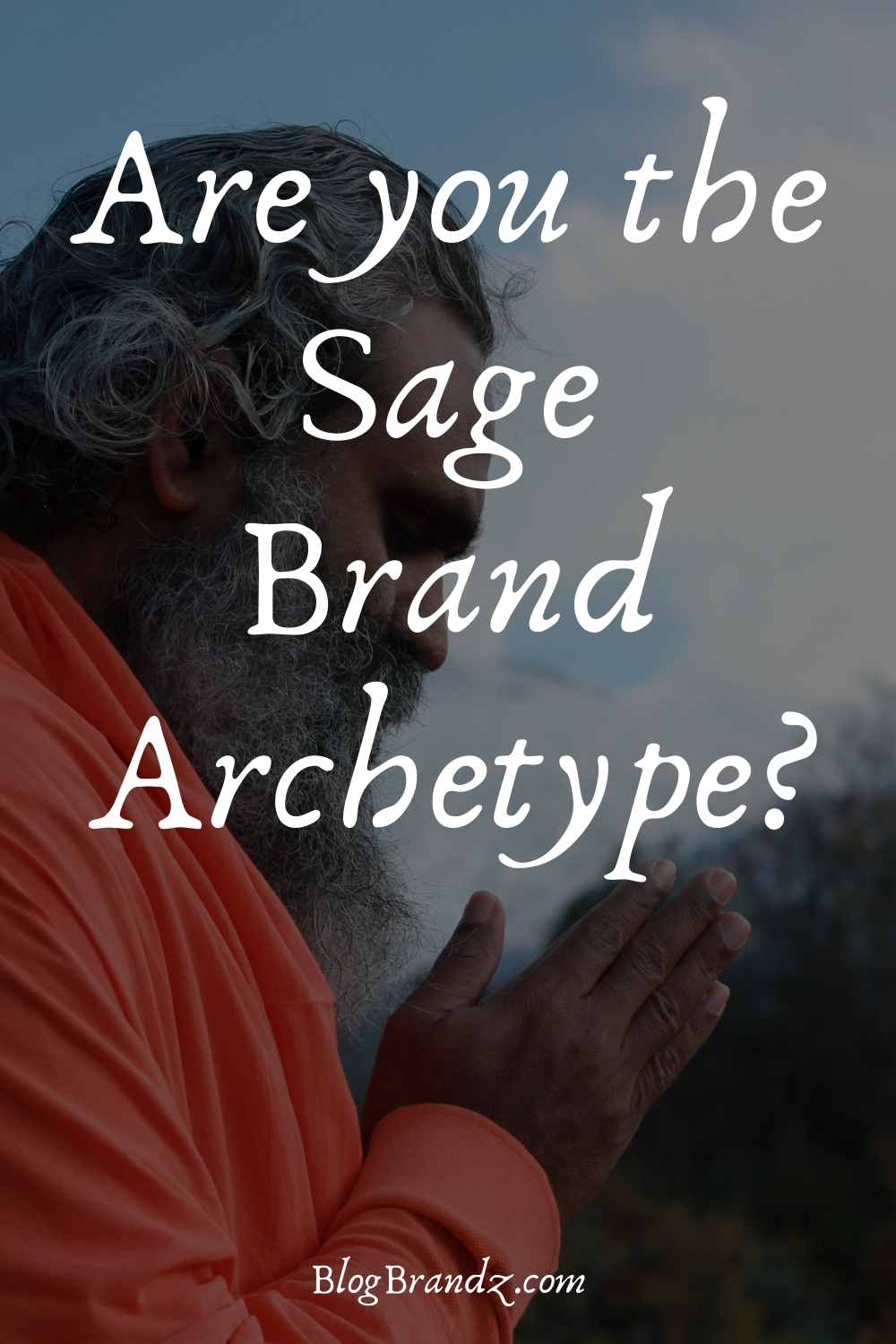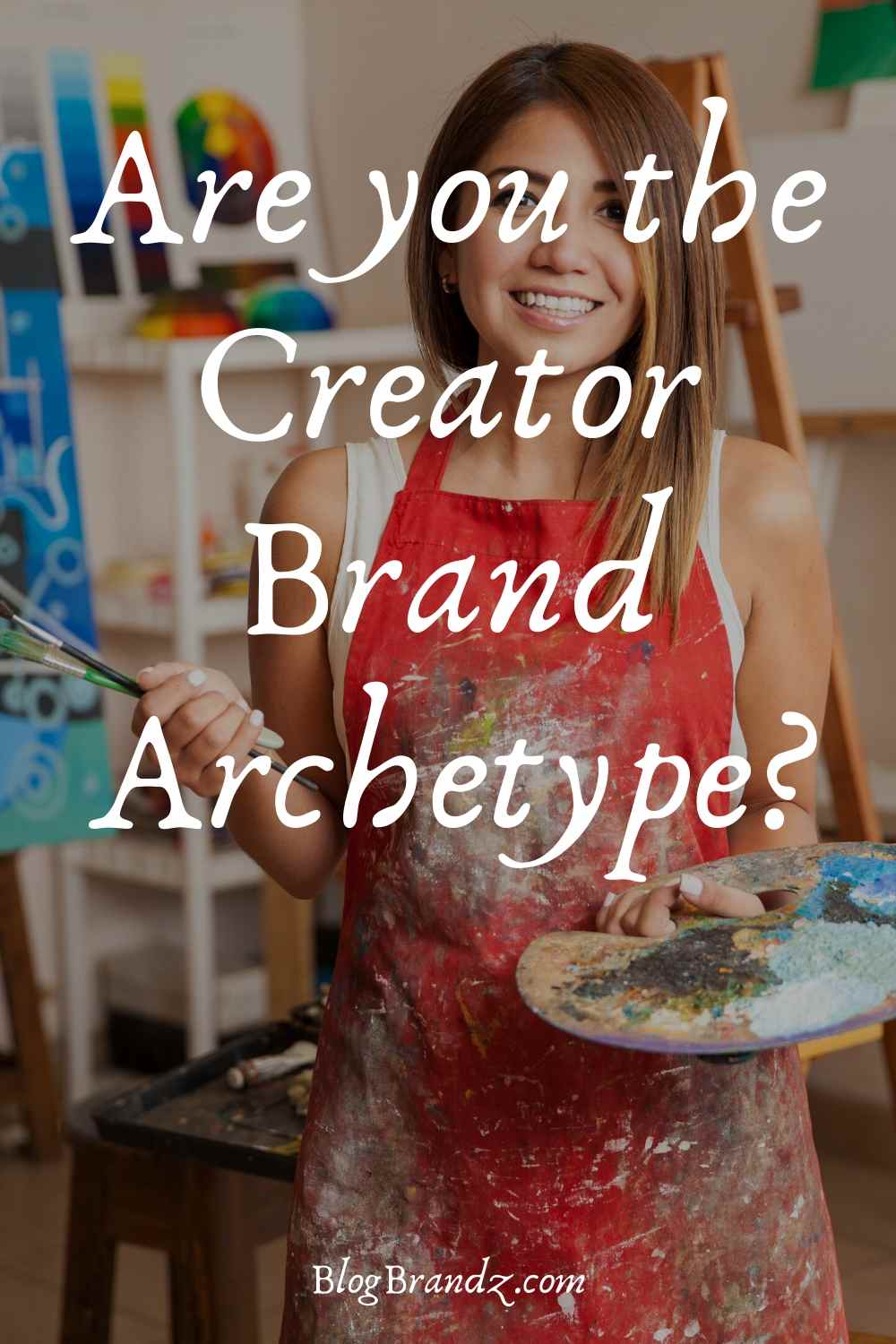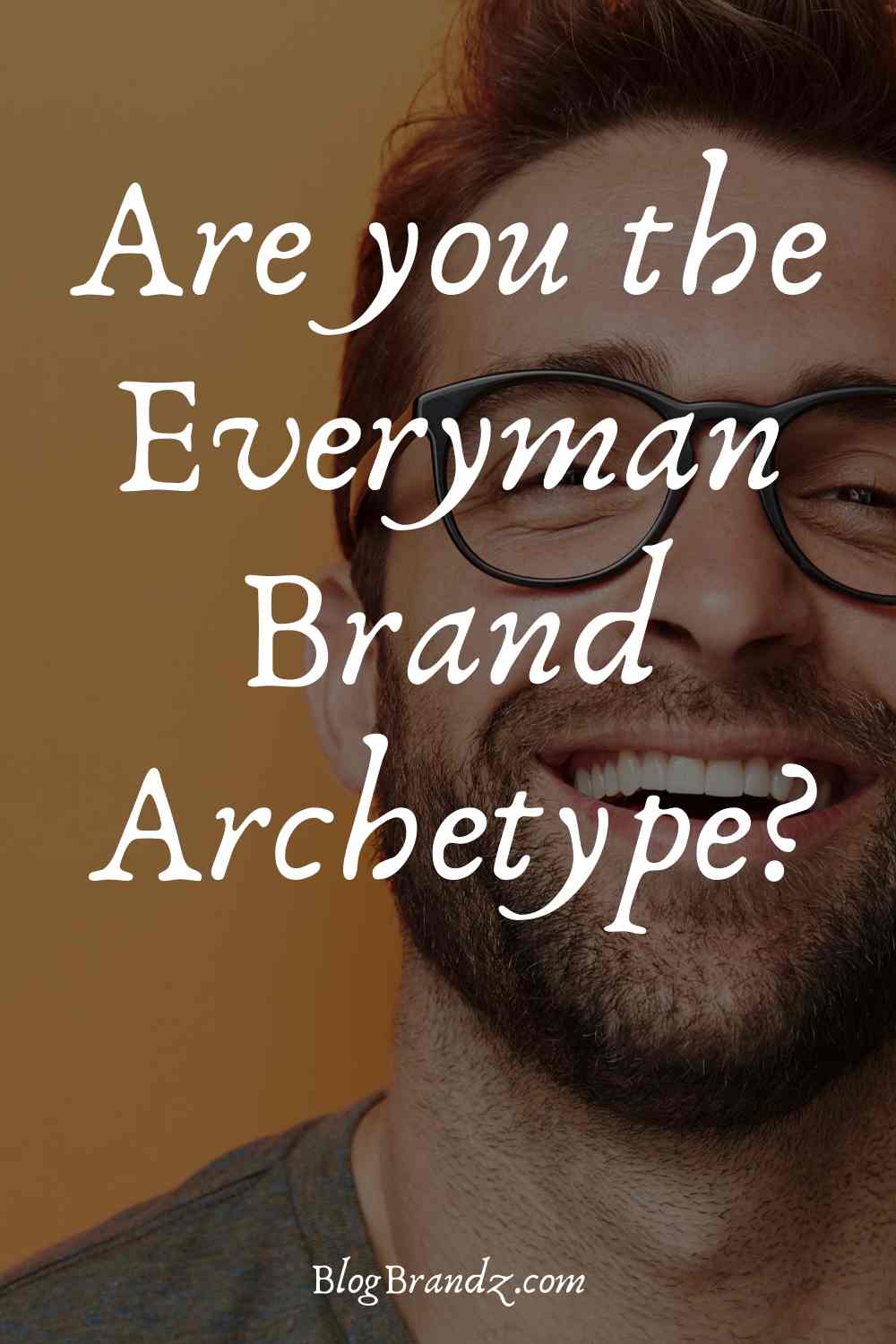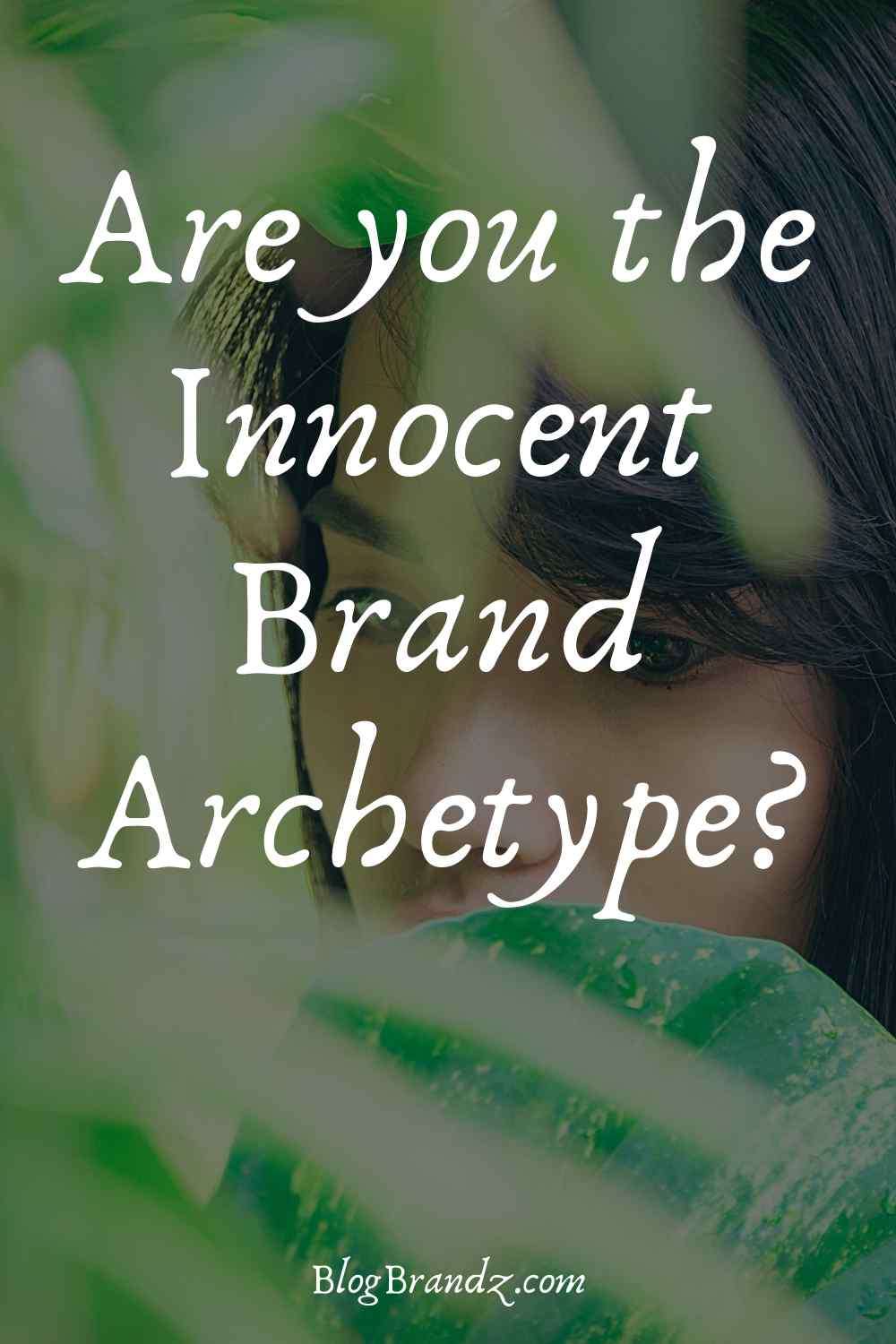Psychology-driven brand strategist, Kaye Putnam, explains how to use the 12 Jungian brand archetypes to create a personal brand that stands the test of time.
Contents
What Are Brand Archetypes?
What are brand archetypes and how do they play a role in brand development? Archetypes have their roots in Greek Mythology and are grounded in decades of psychological research. They are universally recognized figures that stand for certain basic human motivations and emotions.
According to psychology-driven brand strategist, Kaye Putnam, “As humans, we want to connect with people – not products or services. So, when a brand takes on a primary character archetype, people recognize it – they get it. When people understand your brand, they can begin to like and trust you, which leads to sales.”
We, human beings connect with archetypes at an instinctive and primitive level, because they are pre-programmed into our subconscious. When we see the 12 Jungian Archetypes, we find each one very familiar, because we can relate to one or more of them or we know people in our lives who express these archetypes.
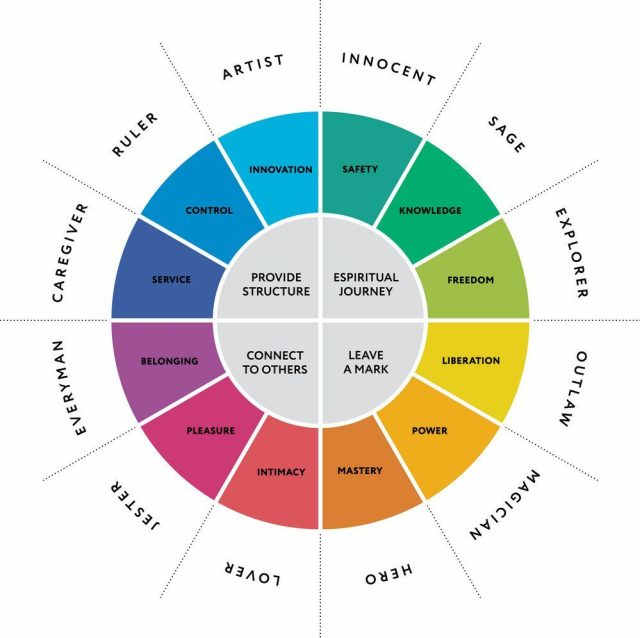
Each of these archetypes corresponds with a basic human desire. Archetypes are the personification of these desires. So they’re an extremely useful tool to define your brand positioning statement and understand the brand attributes that will resonate with your target audience.
The most loved brands are able to connect with their audience on a deep emotional level because they are aligned to a specific archetype. When you build a brand based on psychology and your unique personality, you’ll attract the perfect clients for you.
The first step to doing this is to know your own archetype and your innate brand advantage so you can uncover the secret language of brand archetypes to attract your ideal clients.
In this interview psychology-driven brand strategist, Kaye Putnam, explains what are archetypes, why they’re so important in personal branding, and how to apply the results of her Jungian archetypes test in creating your own personal brand.
Kaye also explains how your brand perception, brand positioning strategy, brand messaging (such as brand taglines), and brand identity design might change once you get clear on your archetype.
What’s My Archetype?
Are you wondering, “What’s my archetype?” Take Kaye’s Free Brand Personality Quiz to learn which of these 12 brand archetypes examples you represent. Once you find your archetype, you’ll discover your unique strengths and psychological triggers to attract more of your ideal clients.
Kaye’s Brand Fluency Courses will help you discover what “on-brand” means for you so you can create meaningful connections with your ideal clients and customers.
Use this Jungian archetypes list to unlock your brand’s potential with a powerful action plan, aligned with your brand archetype.
- Monarch or Ruler archetype
- Visionary or Magician archetype
- Warrior or Hero archetype
- Entertainer or Jester archetype
- Seducer or Lover archetype
- Maverick or Outlaw or Rebel archetype
- Adventurer or Explorer archetype
- Nurturer or Caregiver archetype
- Luminary or Sage archetype
- Artist or Creator archetype
- Guy/Girl-Next-Door or Everyman archetype
- Idealist or Innocent archetype
Watch the interview below and learn how to use Kaye’s brand-building strategies in creating a brand that stands the test of time.
Resources mentioned in the interview:
- Kaye’s Free Brand Personality Quiz
- What are Brand Archetypes?
- Free Workshop: How To Build A Crystal-Clear Brand That Attracts Your Ideal Clients
- Kaye’s Branding Courses on Teachable
- Brand New Brand – Brand incubation on your schedule
- The Clarity Code – Get clear on your brand so you can scale
- Brand Advantage – 30-day brand-expanding sprint
- Kaye Putnam’s Convert with a Quiz Course
Kaye Putnam On Using Brand Archetypes To Build A Personal Brand
Priya Florence Shah:
Today I’m talking to Kate Putnam. She’s a psychology-driven brand strategist. And she’s on a mission to help entrepreneurs change the world with what they know.
Many know her for her brand personality quiz, which has been taken over 100,000 times. Kaye works with clients one-on-one in an agency, and hundreds of students have taken her brand strategy courses on Teachable.
While social media platforms and algorithms change, thankfully, the human psychology algorithm doesn’t. By tapping into the subconscious and emotional desires of your audience, you can create lasting demand for your brand.
Like I said, I’ve been a huge fan of your materials and I’ve been watching your YouTube videos and stuff. So I have a few questions I’d love to ask you. I wanted you to tell my audience what are archetypes and why are they so important in personal branding?
Kate Putnam:
Yes, thank you so much for having me. I’m so excited to geek out on branding. It’s my favorite topic ever. So it’s a pleasure to be here.
I discovered archetypes, just maybe a year or two into my own online business-building journey. And I had this sense that I was missing something, that I wasn’t seeing the full picture because I was following all of these different marketing strategies, and trying to do them step-by-step.
And I was seeing clearly, there’s a difference between the results that I’m getting and the results that the people that are teaching these strategies that they’re getting. So what is that?
Eventually, I realized it is the brand, but I still didn’t have a way of quantifying it or really describing what made each brand special. And archetypes were the single largest epiphany moment that I’ve had in my business even to this day. They still remain my favorite brand-building tool.
See, when I first started online, just maybe a year or two into my journey, I was really awkward. And I realized that I just had this sense that I was missing something.
I knew that there was something underneath all of these strategies and step-by-step tactics that the gurus and experts were teaching because I wasn’t seeing the same results that they would even if I would follow it to the tee, to the letter.
And through this serendipitous rabbit hole of internet links, I ended up on this website that described the 12 archetypes and archetypes are patterns that show up throughout history throughout stories, movies, and coincidentally brands and personal brands.
So, as I read through these twelve archetypes, I could immediately see how the entrepreneurs, gurus, and experts that I was following, they fit one or two of these archetypes and never more than that.
So they had a very clear persona, they had a very clear character that their brand was embodying and it was connected to more than just personality. It was connected to this movement that they were creating throughout their brand.
And as soon as I recognized that is what was happening beneath the surface, I immediately became obsessed and began researching everything I could find out about brand archetypes.
Priya Florence Shah:
Okay, that’s great because Jung came up with the archetypes. Right? And I’m a big fan of Carl Jung and his MBTI and all his studies and stuff like that. So, when I saw your branding archetypes information, I was immediately drawn to that because of the psychological link with Carl Jung’s studies.
So tell me, Kaye, how can we apply the results of the archetype quiz? I mean, you have this archetype quiz that has been taken over 100,000 times, which is really amazing. And so how can we apply the results of the archetype quiz in creating our own personal brand?
Kate Putnam:
Yeah, that number still blows my mind every time. It’s so fun to look back at old blog posts, and I’m like, “Oh, my gosh, 5000 people have taken my quiz” and then you’re at 10,000 people. And now I get to say, 100,000 people, which is just amazing to me.
And I think the reason why it’s so powerful, and it’s been so useful for so many people is, as humans, it is so hard to see yourself clearly. It’s almost like we’re in one of those circus funhouses mirrors that like make you look really fat or really short or really tall. And that’s how we see ourselves.
We don’t have an accurate picture of our strengths. We might be a little bit more in tune with what we think our weaknesses are, unfortunately, the human condition, but our strengths almost stay hidden from us because they’re so natural and innate in the way that we are.
So the archetype quiz helps you see and define what your innate brand advantage is. So once you land on your unique blend of one or two archetypes, I usually recommend focusing on two just so you’re not trying to be all of the things to all of the people.
You can start to use that as inspiration from everything from your colors, to the words that you’re using, to the stories that you’re telling, all of these things can be shaped and filtered through the lens of the archetypes which makes your brand more consistent and more potent and helps you attract your ideal clients to you.
Priya Florence Shah:
Yeah, you know, as I was going through your materials, I studied advertising many years ago, you know, so, I could immediately see the link with all these old advertisements that use the archetypes and then cater to a specific archetype.
For instance, the Apple brand personality catered to the Outlaw archetype first, and then changed to the Creator archetype with the “Think Different” thing, and so it’s all very fascinating and it brought it all back to me, what we had learned in advertising. You know, all that Mad Men-Esque thing?
Kate Putnam:
Yes, I literally cannot walk through the grocery store or a mall or watch TV commercials with the same lens anymore, because all I’m seeing are these consistent patterns that show up.
Because the thing is archetypes are never going to go out of style. They’ve been used for as long as humans have had the brains that we do because they’re connected to those deep-rooted desires that all humans have.
Priya Florence Shah:
Yeah, they’re very primal, and it’s a very primal connection. And they’re connected to all the stories that we tell ourselves, right? All the mythology and all those Greek gods and all those things, each of them have archetypes.
All the Gods fit into some kind of archetype so that it gets connected to all those ancient stories that we’ve been telling ourselves. So I think all of us can immediately see ourselves or see someone that we know in the archetypes, right?
Kate Putnam:
Exactly. Yeah, I’m a huge Game of Thrones geek and fan. The show has now ended, but one of my favorite things to do was to watch the show and look for each of the archetypes. There are so many characters in that particular TV show that you can see all 12 of them being represented by different people.
Priya Florence Shah:
Absolutely. Yeah. Absolutely. I was trying to figure out who Jon Snow represented. I don’t know. He was the brooding guy. What do you think he represents?

Kate Putnam:
Really good question, especially because the characters evolved over time in that particular TV show because it went on for so long. But Jon Snow was always the reluctant leader. So in a sense, I think he had kind of that Guy Next Door.
He was one of the guys, he was one of the Night’s Watch for so long. It wasn’t until all of the people around him almost lifted him up into that hero-leader position that he was willing to step into it. So yeah, I would pack him as maybe a guy-next-door mix.
Priya Florence Shah:
Yeah, that’s true. He liked being one of the guys, he liked being one of his group, the Night’s Watch. So that’s very interesting. And I’m going to do that next time I re-watch the series. So, tell us, Kaye, can you give us an example of how our brand positioning and messaging might change once we get clear on our archetypes?
Kate Putnam:
I alluded to this when I was telling you about the time when I discovered them for the first time, but before I knew about archetypes, I was trying to model what I was seeing as successful in the market.
So there was this one entrepreneur who lived in New York City. She took these lavish vacations and had a very luxurious life. So, I was like, “Okay, well, maybe I should call my signature service, Finding Your ‘It’ Factor.”
And then there’s this other entrepreneur that I followed, who used to be a professional athlete, was very motivational, very strong. Like, “Okay, I can act with that. Let’s create a video series called Your Monday Morning Kick In The Pants.”
And then there was another entrepreneur who was incredibly feminine and like, emotive, very, like flowery in their language. So I opened up my website with “Hey, bombshell,” and it’s cringe-worthy really looking back now.
But once I understood that those weren’t my archetypes, those were theirs, and I knew what mine was, I was able to look at every single brand touchpoint that I have and audit it.
Essentially I’m looking at it like, “Is this that? Is this the sage and the magician? No, it’s not really pointing to those archetypes. Let’s change that, let’s make that language or that color or that design, that it’s naturally going to communicate who I am at my core more effectively.”
Priya Florence Shah:
That’s a great insight, Kaye. And how do you think, when you change your branding and your message, what does it do in terms of attracting the right, ideal customers to you?
Kate Putnam:
It’s a beautiful thing. Because when you get your brand in alignment with who you actually are, I liken it to instead of trying to swim upstream, you’re suddenly just flipping around and going with the current. Like, everything gets so much easier.
And especially when you take the time to figure out what your brand strategy is at the foundation. A lot of people think of colors, fonts, logos, and those types of things when they’re thinking about branding.
But it really starts at the foundation of “What do you believe? What’s your purpose in this world? What is your personality? What’s that experience or emotion that you’re going to create with people in your brand?”
So if you decide that upfront, or at any point in the journey, you can always step back and create that clarity for yourself in your business. Every other decision gets so much easier.
And the beauty is you start attracting clients that naturally resonate with who you are, and you repel people that you wouldn’t want to work with, in the first place. So you have fewer of those problem clients, less of those values mismatch.
It’s not that those people are bad people. It’s just we’re naturally going to work with people who appreciate our values and our personality. So the more that we can show that effectively in our brand, the more we get to naturally segment who is attracted to us.
Priya Florence Shah:
Yeah, that’s an excellent point. And I think that’s the reason why you want to be clear on your brand, you want to get that clarity, right? You can attract the clients that you love working with now, as opposed to the ones that just don’t see eye-to-eye, and would be a nightmare working with them all the time.
Kate Putnam:
Yeah, exactly. Let me add one word for our left-brain listeners. I know that “You’ll be happier being content with the people that you’re working with” might feel a little loosey-goosey.
But having an effective brand also gives you pricing power, which means that instead of being a commodity, and being completely subject to market forces, you get to rise above that and you get to charge a premium if you want, or you’re just going to attract more of your market share to your brand, which means more profit at the end of the day. So that’s the reason why we brand.
Priya Florence Shah:
That’s brilliant and that’s a very important point to make because there are always people with that left-brain thing who need to know that. So, tell us a little bit about how your courses help someone get clarity on their branding?
Kate Putnam:
Yes, I love to teach. Like I said, I’m the Sage archetype. So teaching is my jam, I have a suite of courses for different parts of the brand-building journey. So I actually have 12 unique, different courses, one for each of the brand archetypes.
So after you figure out what your archetype is, you can research a lot of my free resources. But if you want to take the deep dive, get the shortcut, and get all of the research all at once, you can invest in one of those courses to get that shortcut. I also have my entire brand-building process from A to Z in a course called Brand New Brand.
And then just recently, last year, I launched for the first time a course called the Brand Advantage and I built it for the people who are lacking momentum.
Like you just have to get into action at some point, and a lot of brand-building happens in those moments when you’re coming into contact with your ideal clients.
So if you’re in a place, you’re kind of stuck and stagnant, you’re not having enough of those conversations with your ideal clients, it can be really hard to even recognize who your ideal client is. So the Brand Advantage gets people unstuck into motion, creating results in just 30 days.
Priya Florence Shah:
Well, that’s great. That’s brilliant, because I think a lot of people will benefit from that, and they are going to love it. It’s going to cut short that learning curve and all the pain of having to figure it all out by themselves.
Kate Putnam:
It wasn’t until I created my own courses that I realized how much work goes into them and how valuable they really are. Because each one of those Brand Fluency Archetype Courses took at least 100 hours to put together.
So it’s such a value to be able to download that all at once and to skip that research and figure out and trial and error time on your own.
Priya Florence Shah:
Yeah, absolutely. I’m sure it’s going to cut their learning curve and it’s going to make things so much easier for them.
I was just watching one of your videos, Kaye, in which you said that we shouldn’t brand around the one thing we do, or the one thing we sell, because that might change and evolve, right?
So you want to brand around the result that you offer, the feeling, the experience. So can you tell us a little bit more about that?
Kate Putnam:
Yes, this is why I’m so infatuated. And I’m more on the side that you should create a personal brand than some type of corporate brand because having your personal brand gives you so much flexibility and the ability to pivot.
Because if people are just getting to know you and your expertise, you can carry your audience with you through every iteration and every evolution of your brand and business.
If you just brand yourself as like the Instagram person or the YouTube person, if that platform ever changes, you’re going to lose a massive asset that you’ve built up over time. So I’m much more interested in helping people create brands that stand the test of time and a personal brand does that really well.
And even if you have a corporate brand name, if you brand the outcome, so the results that you’re creating with people, you have the ability to switch the method to get there, if you ever need to.
So if you’re helping people grow their businesses, attract more clients, or if you’re helping people lose weight, things can shift in your system or in your method as trends or research or whatever changes. But you’re still known for that incredible outcome that people desire.
Priya Florence Shah:
Yeah, and that’s a very important point to make. Because your brand has to like you said, stand the test of time and grow. And as we grow and evolve, your brand is going to evolve, right? It’s not stagnant. It’s not like something carved in stone or whatever. It’s going to evolve along with us, right?
Kate Putnam:
Oh, it should. I mean, as I like to say owning a business or being a brand is one of the biggest self-growth, like self-development, things you can put yourself through and you are going to change.
I think the last six months have been a period of massive change for me. And thankfully, I have a personal brand because I can sneak in some of these new things that I’m learning that are creating massive results for myself and my clients over time, as opposed to being stuck in what I thought, believed, and taught, say, a year or two ago, gives me great flexibility.
And I know that those of you that are watching, you will value that flexibility as well if your brand is in the right way.
Absolutely, because even though I’ve been pivoting over the last couple of years, trying to figure out, because what my problem was I was into digital marketing, which I still am, but digital marketing is now commoditized, right?
So you have to find a way to distinguish yourself, to differentiate yourself. And so I think the personal branding thing and your archetypes really appeal to me because it’s going to help me tremendously in differentiating myself from the rest of the people who are doing the same thing, you know?
Kate Putnam:
Exactly, yeah. If you, like boil my business down to the nuts and bolts, I’m creating websites for clients, we’re creating brand identities for clients. And then I’m teaching other entrepreneurs about how to brand themselves.
You can arguably find hundreds of other people, thousands of other people that offer that service. But because I’ve created additional context around my brand, I’m able to create not only a unique experience and better results for my clients, but I’m able to charge a meaningful and profitable price as well.
So that’s the power of a brand that gives you that context and elevates you beyond the commodity landscape.
Priya Florence Shah:
Absolutely. And it helps your clients see you in a different light, right? Rather than just coming to you for these services, “Yes, I need these services, and I can probably get them anywhere.” But they’re looking at you in a different light, as to the experience that you’re going to take them through. Right?
Kate Putnam:
Yeah, exactly. It’s so powerful!
Priya Florence Shah:
Yeah, it is. So that was wonderful, Kaye. I’m so happy that we could talk. I think we could just go on talking, probably, for hours, because this is one of my favorite topics as well, especially the psychological part of branding.
So it’s a very fascinating topic. But I think if you want to add any parting thoughts, I’m happy to, you know…
I mean, I just feel like we’re all on a mission to build businesses with purpose, and the easiest way that I see the easiest path to getting there is to tap into what makes you innately incredible and innately amazing.
So the more that we can tap into that part of our humanness and our psychology, and attract people that are a natural fit for those strengths, the better the world gets.
We opened this up by saying I like to help entrepreneurs change the world with what they know. And you can’t do that until you show up. And part of that showing-up process often takes a little bit of self-reflection.
So I’m going to encourage everybody who’s watching to do a little bit of that self-reflection. I found the archetypes to be an incredible tool for that. But whatever it takes for you, we need your genius out in the world. And I would love for more people to show up and share what they know.
Priya Florence Shah:
Yeah, absolutely. I think you do a few of those exercises in your free course. Right? Yeah, you do some of those exercises to help reflect on your brand.
Kate Putnam:
Yes. Thanks for mentioning that. So I have a Free Workshop on How To Build A Crystal-Clear Brand That Attracts Your Ideal Clients. It’s free, completely free.
It’s very high or very in-depth training for five days and we’ll link that up so that anybody who’s in that process of needing to step back and do some of that reflection about that foundation work that we talked about earlier. It’s a very powerful tool and training to help you do that.
Priya Florence Shah:
Thank you, Kaye. And I’ve already included your branding quiz and your links to your courses in my free eBook on personal branding that I’ve got going out.
So I’m going to be recommending your courses to everybody I know because I love them. I love the concepts that they teach. And so I’m going to be sharing that with everyone. So thank you so much for making the time. I’ll let you know as soon as this video is up and I’ll send you the links.
—- End of transcript —
Did you enjoy learning about Carl Jung’s archetypal theory and Kaye Putnam’s brand development strategies? Did you answer the brand personality questions and find your archetype with her brand quiz? Do share your brand personality results in the comments below.
Personal branding tips & tools
- Download my Free Personal Branding eBooks
- Effective Personal Branding Tips For Developing A Killer Personal Brand
- Personal Branding For Coaches: How Do I Market My Coaching Business?
- How To Create A Personal Brand Logo That Reflects Your Values
- How To Be Famous & Get Recognition In Your Industry
© 2020 – 2023, Priya Florence Shah. All rights reserved.
Priya Florence Shah is a bestselling author and an award-winning blogger. Check out Devi2Diva, her book on emotional self-care for women. In her spare time, Priya writes science-fiction novels and poetry and chills with her two-legged and four-legged kids.
Discover more from Business & Branding Tips
Subscribe to get the latest posts sent to your email.
